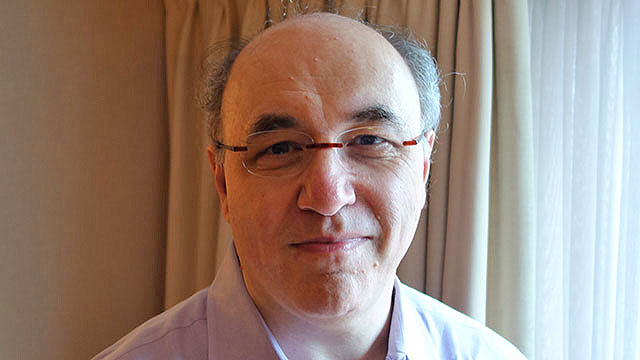2016/03/30
Design and synthesis of a minimal bacterial genome
Absolutely loving this paper! Some highlights: "During the process of genome minimization, there is a trade-off between genome size and growth rate. JCVI-syn3.0 is a working approximation of a minimal cellular genome, a compromise between small genome size and a workable growth rate for an experimental organism. [...] To obtain a viable genome, avoid deleting pairs of redundant genes for essential functions. [...] Unexpectedly, it also contains 149 genes with unknown biological functions. JCVI-syn3.0 is a versatile platform for investigating the core functions of life and for exploring whole-genome design."
Summary:
"A goal in biology is to understand the molecular and biological function of every gene in a cell. One way to approach this is to build a minimal genome that includes only the genes essential for life. In 2010, a 1079-kb genome based on the genome of Mycoplasma mycoides (JCV-syn1.0) was chemically synthesized and supported cell growth when transplanted into cytoplasm. Hutchison III et al. used a design, build, and test cycle to reduce this genome to 531 kb (473 genes). The resulting JCV-syn3.0 retains genes involved in key processes such as transcription and translation, but also contains 149 genes of unknown function." Full paper @ Design and synthesis of a minimal bacterial genome | Science

Summary:
"A goal in biology is to understand the molecular and biological function of every gene in a cell. One way to approach this is to build a minimal genome that includes only the genes essential for life. In 2010, a 1079-kb genome based on the genome of Mycoplasma mycoides (JCV-syn1.0) was chemically synthesized and supported cell growth when transplanted into cytoplasm. Hutchison III et al. used a design, build, and test cycle to reduce this genome to 531 kb (473 genes). The resulting JCV-syn3.0 retains genes involved in key processes such as transcription and translation, but also contains 149 genes of unknown function." Full paper @ Design and synthesis of a minimal bacterial genome | Science

Labels: #GEnomics, #MinimalCell, #SyntheticBiology
2016/03/28
Donald Hoffman: Do we see reality as it is? | TED Talk | TED.com
"Cognitive scientist Donald Hoffman is trying to answer a big question: Do we experience the world as it really is ... or as we need it to be? In this ever so slightly mind-blowing talk, he ponders how our minds construct reality for us."Donald Hoffman: Do we see reality as it is? | TED Talk | TED.com
Labels: #Constructivism
2016/03/17
Wolfram: AI & The Future Of Civilization
"What makes us different from all these things? What makes us different is the particulars of our history, which gives us our notions of purpose and goals. That's a long way of saying when we have the box on the desk that thinks as well as any brain does, the thing it doesn't have, intrinsically, is the goals and purposes that we have. Those are defined by our particulars—our particular biology, our particular psychology, our particular cultural history." Full conversation @ Edge.org


